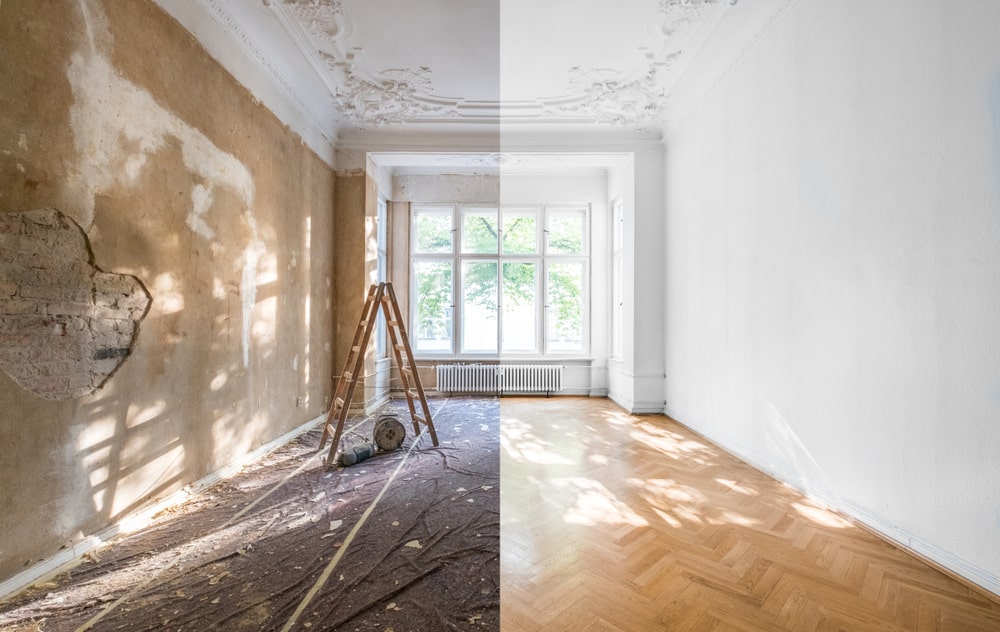As the weather starts to improve, many homeowners will be considering refurbishment works for their property. Around 49% of brits renovate their home each year, with a whopping £110 billion spent. Home extensions are also increasing in popularity, with one in eleven owners in areas such as Westminster making a planning application for their property.
So why are home renovations becoming so popular? With the increasing need for flexible living spaces, house extensions that serve multiple purposes are becoming more appealing, such as office spaces that double as guest bedrooms, or multi-purpose home entertainment areas. Property owners are also becoming more conscious of environmental impacts and looking to increase the sustainability of their homes to improve value and reduce bills. Renovations are also prudent if you’re planning to rent out a home or use it as a holiday let and want to make improvements to attract a better rental yield.
A simple renovation, such as a full re-decoration, can increase the value of a property by 3.1%. A heavy refurbishment such as an extension build can add up to 11.2%. Heavy refurbishment involves more extensive work, often requiring planning permission, architect’s drawings, and building regulations, and can include structural changes. However, if you’re planning on selling the property down the line, this type of project done well, could prove a fruitful investment.
Popular Home Renovation Trends for 2024
2024 is set to be a big year for home renovations, below we explore here are some current trends to be aware of:
Dedicated Hobby Spaces
Personalised spaces have gained popularity in recent years. From reading nooks to wine rooms, Pilates studios, solariums, home gyms or craft corners. Homeowners are looking for more and more ways to turn their homes into a sanctuary to escape their busy lifestyles and pressured careers exacerbated by home working becoming normalised.
Get in the Know
Subscribe to our newsletter
Outdoor Living
Outdoor spaces that are transformed into extensions of the home are becoming increasingly important too, as more people than ever are prioritising their health and well-being. Patios, decks, sun terraces and gardens become inviting retreats for relaxation, entertaining, family time and connecting with nature.

Home Office Updates
The pandemic significantly accelerated the trend of working from home, and with remote work becoming more common, many homeowners are creating their own office spaces. A dedicated space, or so-called ‘Shoffice’ (think shed cum office) allows you to have a place to work which is separate from the rest of the house. Blending productivity with comfort, and if you’re a busy business owner, offers you more flexibility and convenience to work when you need to, without the commute.
Energy-Efficient Upgrades
Homeowners are increasingly prioritising energy efficiency as awareness of sustainability grows. Upgrades to windows, insulation, and ventilation systems have become more common, as well as new energy efficient heating systems, and solar panels installations.
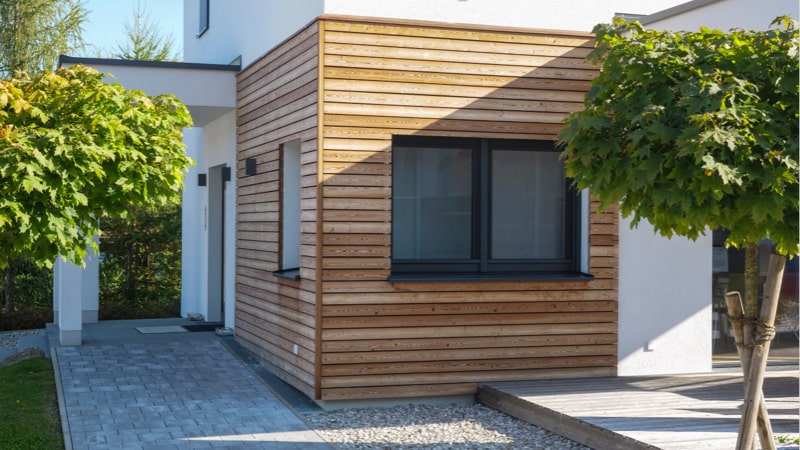
Statement Cladding
Property owners can make a bold exterior statement by using unique cladding materials. Whether it’s wood, metal, or stone, eye-catching cladding can transform the look of your home, particularly attractive for older homes with exteriors that may need some TLC or modernisation.
Feature Glazing
Picture windows and floor-to-ceiling glass create a dramatic visual impact and improve ambience, making the most of stunning views and natural light and making spaces seem bigger. A recent trend includes the installation of bi-folding doors at the back of your home, particularly relevant for those who’ve invested heavily in outdoor living and want to create a seamless connection between their indoor and outdoor spaces.
Which Renovations Add the Most Value to My Home?
If you’re buying property as an investment, or looking to sell or rent your home, it’s important to understand which renovation projects are likely to bring the best return. If you’re considering extending your main home, this is often more cost-effective than moving, especially when considering legal fees, stamp duty, and other costs associated with moving. And often undertaking multiple works at the same time will unleash further efficiencies.
We explore some of the most common renovations below and how much they could increase your property’s value.
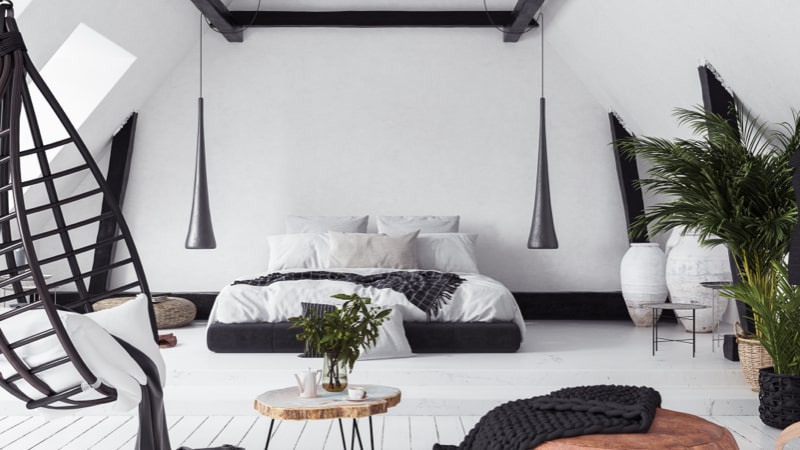
Loft Conversion
Adding a loft conversion can potentially increase the value of your home by around 15%. This is especially beneficial if you need additional living space, a home office or an extra bedroom, and of course more floor space means better potential to renters or buyers.
Kitchen Redesign
A well-executed kitchen redesign can enhance your home’s appeal and functionality. Kitchens are seen as the heart of the home, so open plan kitchens with plenty of light, cupboard and counterspace, and multifunctional areas for preparation, dining and living are all good investments. A new kitchen may contribute to a higher valuation, as much as 10-12%, depending on the design.
Conservatory
Adding a conservatory can be a good investment if done right. It provides extra living space and a connection to the garden. Conservatories typically add around 5% additional value to your home.
Basement Conversion
A well-executed basement conversion can add up to 15% to the value of your home. By transforming your basement into a new bedroom or social space, you enhance both the usable area and the overall appeal of your property, particularly relevant for townhouses in busy cities like London that may not have enough land for extending outwards.
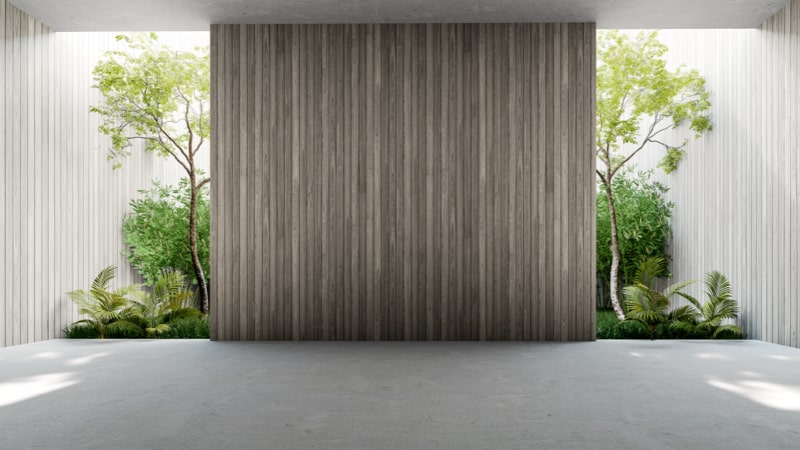
Garden Room
Adding a garden room to your property can have a positive impact on its value. A garden room increases the usable living space of your property, ideal when a traditional extension isn’t possible. Property experts estimate that adding a garden room can enhance a home’s value by a huge 1.5 times, depending on the quality of the build and installation.
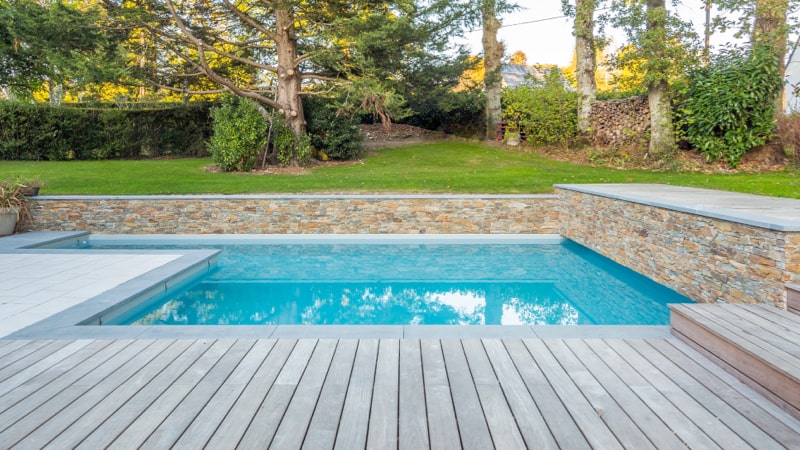
Swimming Pool
Adding a pool can set your property apart in the market, maximising outdoor living and adding an element of luxury and relaxation, increasing its appeal to potential buyers. If well maintained, a pool could add between 5% and 20% to your home’s value.

Home Gym
Houses with home gyms have sold for as much as 44% more than those without. A home gym saves potential buyers the cost of a gym membership and provides a healthy environment for regular exercise, critical for busy business owners. A home gym sets your property apart, giving it a competitive advantage when it comes to selling.
What to Consider Before Renovating My Home
A heavy renovation can be a big undertaking and there’s lots to consider. It may seem obvious, but thorough and realistic budget planning is crucial when carrying out a home renovation. Conduct some research to gain a better understanding of the costs involved, including labour, materials, waste disposal, planning permission, permits, decoration and fixtures and fittings.
If you’re renovating an entire property or even multiple rooms in your home, it is important to prioritise which projects will be completed first.
Make sure you understand the relevant planning permissions and building regulations for the renovation, and ensure you have paperwork in order before paying any contractors.
When choosing tradespersons ensure you look at their qualifications and experience. Choose contractors that have experience of working on million-pound homes and can provide past examples, testimonials and references. The tradespeople you hire also usually offer invaluable advice when it comes to choosing the best type of materials for each project.
Lastly, work out a timetable for each phase of your renovation project, to ensure that you understand how long it will take and can ensure that the materials and labour required are available at each stage.
If you live in the property, also consider your living arrangements whilst the work is being undertaken and make the necessary plans for any disruption.
How do I secure Financing for My Renovation?
Bridging loans are useful for renovation projects as they offer a quick, flexible way to borrow money against property when other types of funding are not an option. A bridging loan can give you the money to buy an investment property and carry out all the necessary work to bring it up to a liveable standard. Unlike many high street mortgage products, a bridging loan can be used for properties that are deemed uninhabitable.
One of the main benefits of a bridging loan is speed, helpful if you want to quickly flip a property for re-sale or let and don’t want to wait on more traditional sources of funding. It can also be a good solution if you’re looking to renovate your existing home but don’t want to re-mortgage at this time, particularly if you fixed a good deal before interest rates increased.
This type of loan is typically offered on a short term, interest only basis, usually for up to 12 months, although in some cases it can be extended to 18 months. In this instance you make no capital repayments. At the end of the agreed period, you’ll repay the amount borrowed along with any accrued interest. Therefore, an exit plan is required for this type of finance and is usually repaid by selling the property or refinancing to a longer-term mortgage. Hence why its important to know to potential value uplift of your refurbishment plans.
The amount offered will depend on the lender, and unlike more traditional loans, bridging finance is not necessarily based on income or credit history. A specialist broker, such as Enness Global, will understand the intricacies of this type of lending negotiate the best deal for your circumstances, from a wide range of lenders and products.
Done well, a renovation or extension offers huge potential for re-sale value or additional rental income, making it a worthwhile investment for the future for savvy property owners.
